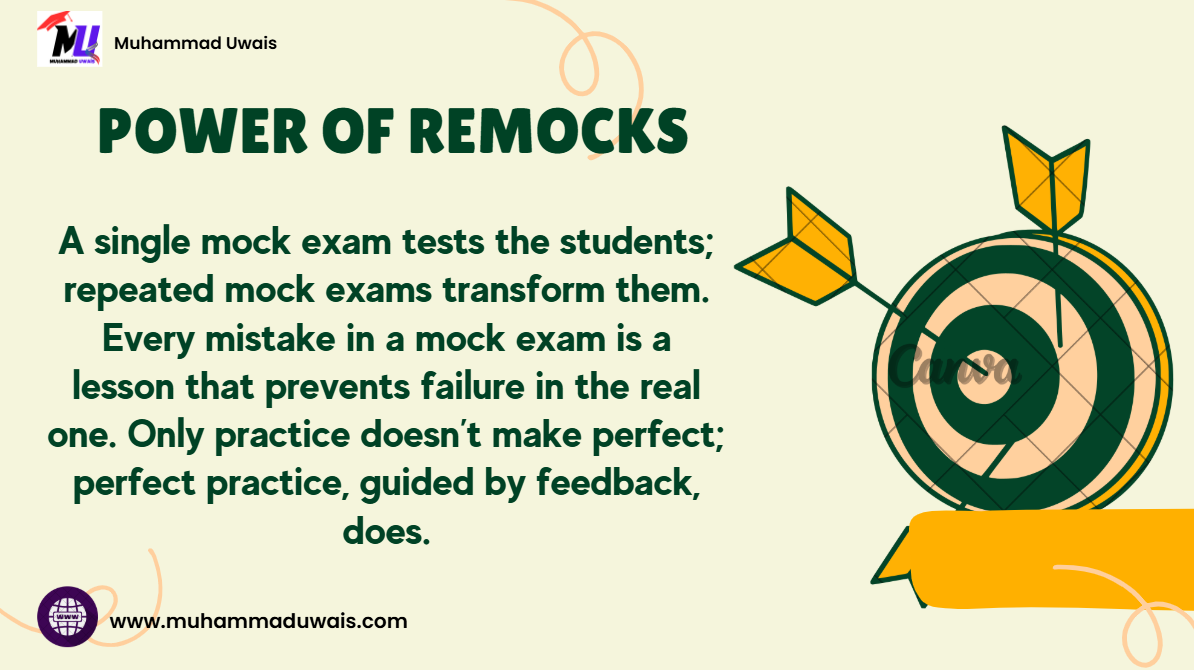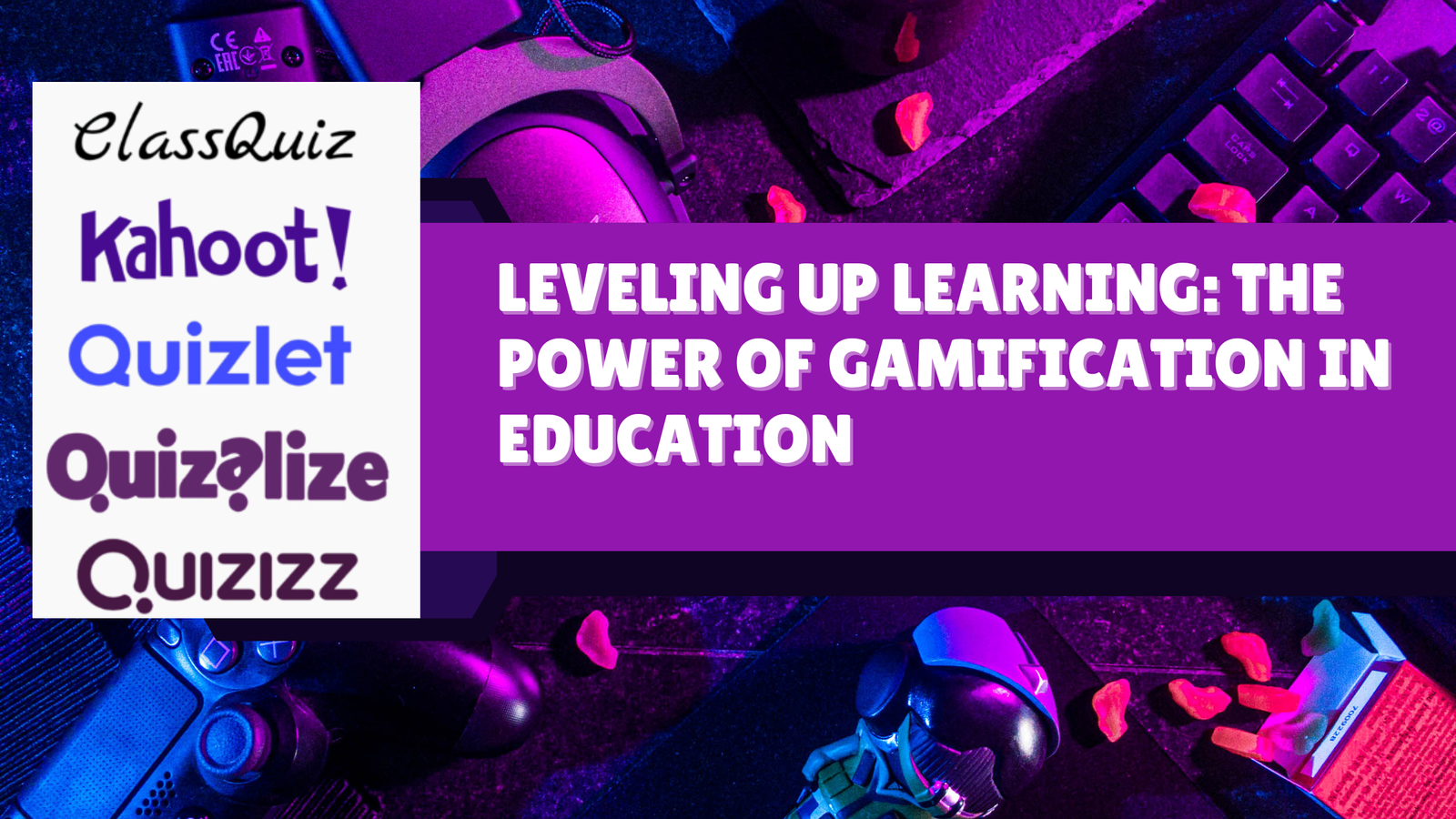Muhammad Uwais – Teacher Computer Science/ICT
In the fast-paced, ever-evolving world of education, one truth remains constant: the most effective educators are lifelong learners. Teaching is not just a profession; it is a commitment to growth, adaptation, and the relentless pursuit of knowledge. The idea of lifelong learning extends beyond professional development—it is about embracing a mindset that values curiosity, reflection, and self-improvement. Let’s explore why lifelong learning is indispensable for educators and how it shapes their ability to impact students, schools, and society.
1. Staying Relevant in a Changing World
The landscape of education is continuously transforming. New technologies, pedagogical theories, and societal needs emerge at a rapid pace. Lifelong learning enables educators to stay informed and relevant in their teaching practices. Consider the following:
- Technology Integration: Digital tools like artificial intelligence, virtual reality, and learning management systems are reshaping classrooms. Educators who embrace lifelong learning can adapt these tools effectively, making lessons more engaging and impactful.
- Evolving Curriculum Standards: With shifting academic requirements, teachers must stay updated on curriculum changes to ensure their students meet current expectations.
By actively seeking out professional development opportunities, attending workshops, or engaging in online courses, educators ensure that they are prepared to meet the demands of a modern classroom.
2. Modeling the Value of Learning for Students
Educators serve as role models for their students. When teachers demonstrate a commitment to lifelong learning, they inspire their students to adopt the same mindset. Actions speak louder than words; when students see their teachers pursuing advanced degrees, attending training sessions, or learning new skills, they understand the value of education beyond the classroom.
For example:
- A teacher learning a new language shows students the importance of cultural understanding and perseverance.
- An educator who openly reflects on their own learning experiences fosters an environment where curiosity and growth are celebrated.
By modeling this behavior, teachers instill in students the belief that learning is a lifelong endeavor, not just something confined to school years.
3. Enhancing Teaching Effectiveness
Lifelong learning directly enhances teaching practices. As educators explore new strategies and techniques, they become better equipped to address diverse student needs. Consider the benefits:
- Differentiated Instruction: Learning about diverse teaching methodologies helps educators cater to varied learning styles and abilities within their classrooms.
- Improved Classroom Management: Attending workshops on behavioral strategies or emotional intelligence equips teachers to handle challenges more effectively.
- Creative Lesson Planning: Exposure to new ideas—from gamification to project-based learning—enables educators to design engaging and innovative lessons.
By investing in their own growth, teachers ensure they provide a richer, more meaningful learning experience for their students.
4. Building Confidence and Professional Satisfaction
Continuous learning not only improves skills but also boosts confidence and job satisfaction. Educators who stay updated feel more competent and prepared to face challenges, whether it’s integrating a new technology or addressing a complex student issue.
Moreover, lifelong learning can:
- Prevent burnout by introducing fresh perspectives and ideas.
- Open pathways to leadership roles or specialized positions within the education sector.
- Foster a sense of accomplishment and personal fulfillment.
When teachers take pride in their own growth, it reflects in their work and creates a more positive and motivated classroom environment.
5. Contributing to the Broader Educational Community
Lifelong learners often become contributors to the educational community. As they acquire new knowledge, they share insights with colleagues, mentor new teachers, and participate in collaborative initiatives. This ripple effect strengthens the profession as a whole.
For instance:
- Educators who publish articles, give presentations, or host webinars on innovative practices help raise the collective standard of teaching.
- Collaborative learning through professional learning communities (PLCs) fosters a culture of shared growth within schools.
By engaging in lifelong learning, teachers not only enhance their own practice but also contribute to the advancement of education at large.
6. Adapting to the Needs of Diverse Learners
Classrooms today are more diverse than ever before. Students bring with them a range of cultural backgrounds, learning abilities, and social experiences. Lifelong learning equips teachers to address this diversity effectively:
- Cultural Competence: Understanding different cultural perspectives enables teachers to create inclusive environments.
- Special Education Strategies: Professional development in areas like differentiated instruction or assistive technologies ensures that educators meet the needs of all students.
- Social-Emotional Learning (SEL): Staying informed about SEL practices helps teachers support students’ mental health and emotional well-being.
By embracing lifelong learning, educators can adapt their methods to meet the unique needs of every student in their care.
7. Embracing Change with Resilience
Change is inevitable in education, whether it’s the introduction of new policies, shifts in societal expectations, or global events like pandemics. Lifelong learners are better equipped to navigate these changes with resilience and optimism. They view challenges as opportunities to grow and innovate, rather than as obstacles.
For example:
- During the transition to online learning, educators who were already familiar with digital tools adapted more smoothly.
- Teachers who continuously upskill themselves can quickly pivot to new teaching models or curriculum changes.
This adaptability not only benefits educators but also provides stability for students during uncertain times.
Conclusion: The Lifelong Learning Mindset
Lifelong learning is more than a professional responsibility for educators—it is a mindset that defines the essence of teaching. It is about staying curious, embracing change, and continuously striving to be better for the sake of students, schools, and society as a whole.
As educators, our influence extends far beyond the classroom. By committing to lifelong learning, we ensure that we are not only imparting knowledge but also inspiring the next generation to lead, innovate, and thrive in an ever-changing world.
Are you ready to embrace the journey of lifelong learning? Let’s grow together, one step at a time.



